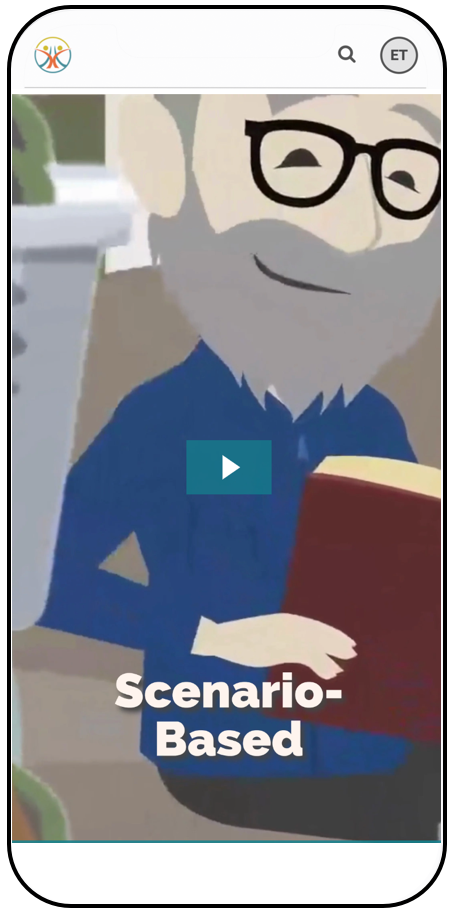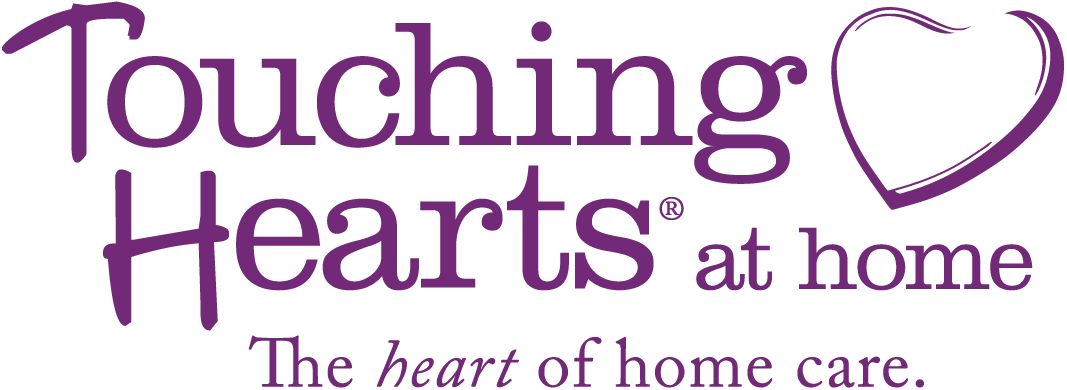At CareAcademy, our team members are passionate about making a difference in the lives of caregivers and […]
With caregiver turnover hovering around 65%, agency leaders like you need to find and implement new ways to recruit and retain staff year after year. Not only do you want to retain your good employees–you want to develop them into great employees.
You may have some caregivers who have worked with your agency for a long time without advancing up the career ladder. You may have supervisors, sales and marketing teams, and other office staff in need of professional development. However, you don’t need a certain title to acquire leadership skills or to be a leader.
Soft skills, or “people skills” such as communication, flexibility, work ethic, and time management make an impact on performance at every level of your organization. Each of your staff members has the potential to be a leader.
What if you offered them an intangible gift that would give them the skills and resources to become a better leader and reach their full potential, both personally and professionally? Investing in your staff through training is an investment in your business that pays back in dividends.
The Impact of Communication Is Huge
In 2016, the research firm CRICO found that the cost of miscommunication in healthcare amounts to 1.7 Billion dollars and has claimed nearly 2,000 lives. These statistics speak to the industry at large, but home care is not immune to these types of errors. You can, however, see this as an opportunity to upskill your team and give them the tools to improve their communication.
Communication in home care is more than just being able to read and write. It means knowing how to actively listen, and to know what information to listen for. Communication also affects how relationships are formed, which can allow your staff to get to the root of bigger problems within their clients’ lives and solve those problems more effectively.
By utilizing effective communication strategies, you can work collaboratively with your team to come up with a communication plan that works best for your agency. This could include:
- What’s the best channel to use or person to contact for a schedule change for a client?
- What’s the best channel to use or person to contact for a caregiver’s schedule change?
- Who do I communicate with when I have a problem with a coworker or client?
If you work with your team to develop a solid plan on how to effectively communicate throughout the organization, then they’ll feel a sense of ownership with those expectations and utilize these as best practices when needs arise.
How To Be Assertive In A Professional Way
As a home care agency owner, you may be familiar with having to coach a staff member on how to introduce themselves to a client without alluding to the fact that they’re new. When a client picks up on a lack of experience or confidence, this may make them feel uneasy and they may desire a replacement.
If you show your caregivers how to command confidence in a gentle but assertive way, this will help your clients feel more comfortable in working with them and trusting them to meet their needs.
Beyond appearing knowledgeable and trustworthy to a client, caregivers may need to gently push a client’s boundaries, including:
- Getting them to take a shower
- Making sure their medications are taken on time
- Diffusing combative behaviors
By teaching assertive and confident communication as part of their skill set, you’ll be able to help your caregivers complete their tasks more responsibly while also staying safe.
Coaching and Mentoring Caregivers
If your agency has implemented a caregiver mentorship or lead caregiver program, it’s important for them to know how to properly coach and mentor their peers. Leadership and management skills are also a great opportunity for your internal and administrative staff to brush up on their knowledge and forge future leaders themselves.
Anyone in a caregiver supervisory position has a responsibility to lead and mentor. Giving your staff the skills they need to be successful is crucial in having a steady pipeline of new caregiver recruits and clients.
There are four types of leaders. Do you know which leadership style each one of your caregivers uses? Here are four main leadership styles that you may see in your caregivers:
- Autocratic
- Democratic
- Laissez-faire
- Transformational
Each caregiver has their own communication preferences and ways of receiving feedback. If you have this information on hand and share it with your team of lead caregivers, they’ll be able to more effectively explore and solve problems. You could also use this information during your own personal interactions with your caregivers.
By developing rapport and trust through a common language of leadership training, you, as an agency owner, may find yourself learning more about your staff too.
We’re still in the thick of the Great Resignation, with employees leaving bad managers, bosses, and toxic work environments. You can use this as an opportunity to develop a higher quantity of quality managers and leaders to safeguard and protect your workforce. Whether your caregiver turnover rate is above or below the average, if you build your staff into a team of leaders and establish a career path for them, you’ll be able to find and keep more caregivers than your competitors.
Soft Skills Are The Hard, Human Skills
In home care, it’s easy to put a lot of emphasis on practical, more clinical competence than other skills. Contrastingly, clients place more importance on how they interact with the caregiver, their personalities, and their ability to relate to people of other generations.
When it comes to scheduling, you may be using a practical-skill first method. More often than not, you’ll find that the caregivers that have human skills have more breadth and depth in the relationships they have with their clients and can be taught particular clinical skills, such as showering, dementia care, and catheter care.
Don’t overlook your caregivers’ people skills. These are harder to teach than clinical skills, and mean much more to your clients and their families. Audit your caregiver roster for staff who have these skills and those that need to learn more, and you’ll be one step ahead of the game.
Check out CareAcademy’s Leadership and Communication Skills classes.






